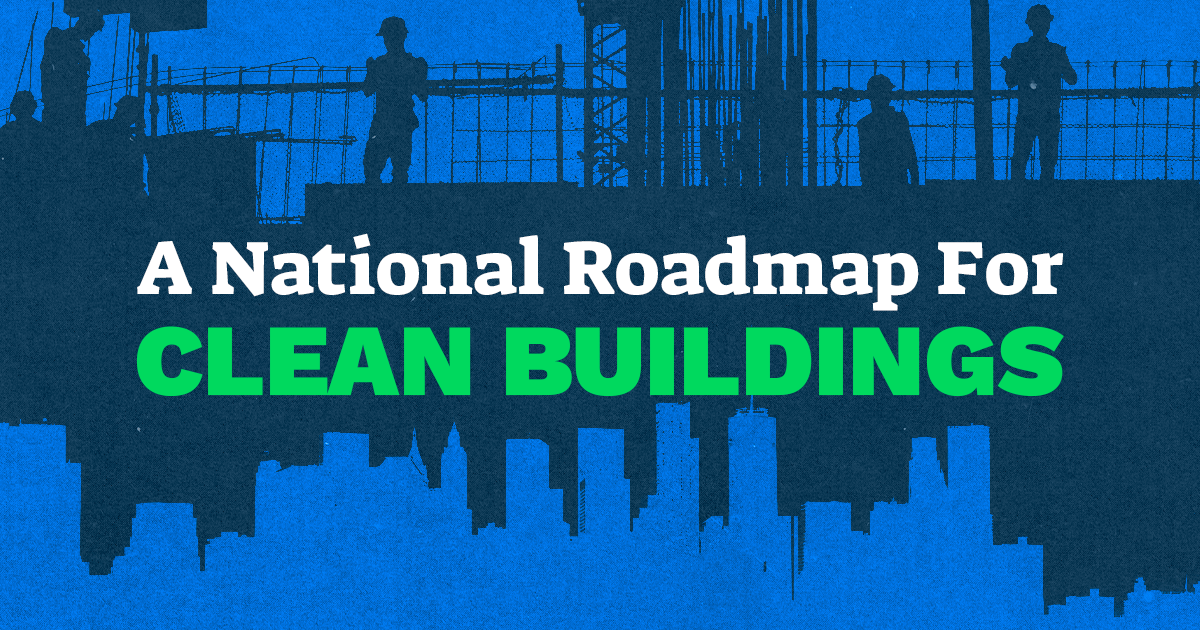Updated: December 23, 2022
Millions of federal dollars are available right now to help states and cities update building energy codes, and over $1 billion more is on the way. State Officials should take advantage of these funds to improve energy efficiency, create jobs, advance equity, and take meaningful steps towards meeting their climate commitments.
There are 124 million residential and 5.9 million commercial buildings in the United States. Together, these buildings are responsible for 40 percent of US energy consumption and generate 13 percent of national carbon pollution.
Much of these impacts are driven by inefficiencies in the US building stock that result in remarkable levels of wasted energy. Building energy codes confront this problem head on, setting minimum efficiency standards for newly constructed buildings and buildings undergoing major renovations.
By improving efficiency, building energy codes deliver tangible benefits to Americans, including:
- Lowering household utility bills
- Creating jobs
- Reducing climate pollution
- Advancing equity by reducing costs for energy burdened residents



